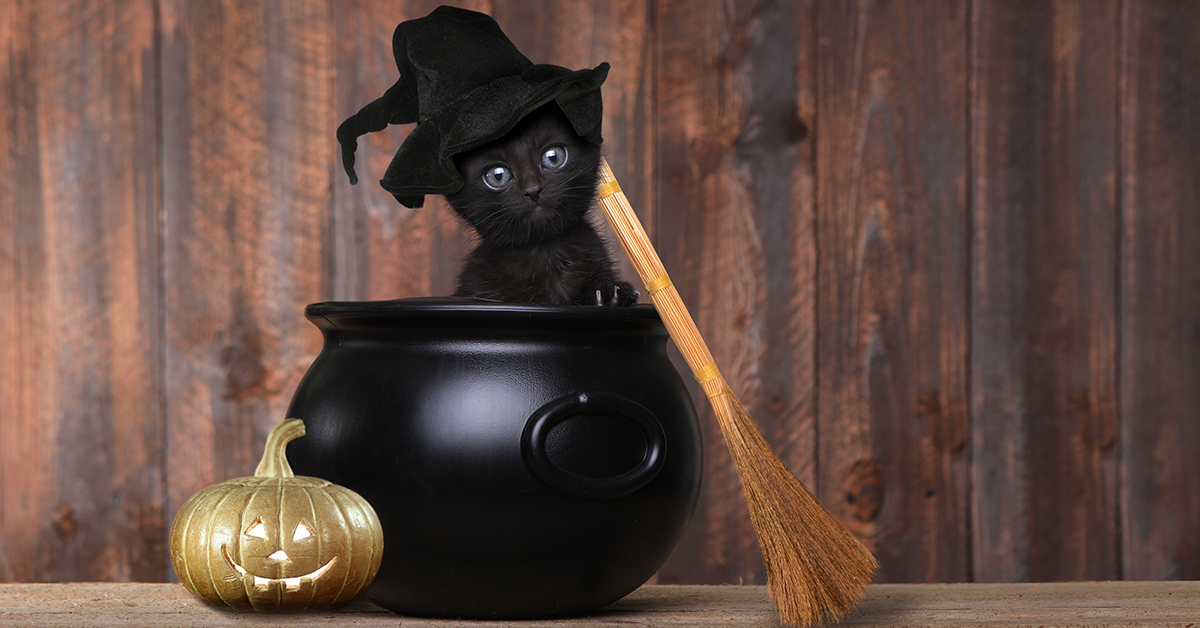National Pitbull Awareness Day (NPBAD) is October 23, but why not celebrate the whole month? In a double dose of dog celebrations, this National Pitbull Awareness Month also happens to be Adopt a Shelter Dog Month!
National Pitbull Awareness Day was started by Jodi Preis of Bless the Bullies, a nonprofit that strives to knock down breed stereotypes through education.
To learn more about how you can be an effective advocate for bully breeds (also known as house hippos, blockheads, goobers, and land seals), read on!
What is a pit bull?

As you may or may not know, “pit bull” is not an actual breed. “Pit bull” is an umbrella term to describe any breed or mix-breed dog with a blocky head and body type. Some examples include the American pit bull terrier, American Staffordshire terrier, bull terrier, American bulldog, and American bully.
Attempting to accurately “identify” a bully breed solely based on physical characteristics causes us to literally judge a book by its cover. It’s one of the reasons why pitbull-type dogs are misidentified 60% of the time by shelter staff, media, and potential adopters, according to one study.
For the entire month of October, we can help raise awareness of the common misconceptions of “the pit bull” and show these dogs for what they really are: individuals.
Outdated legislation proved ineffective
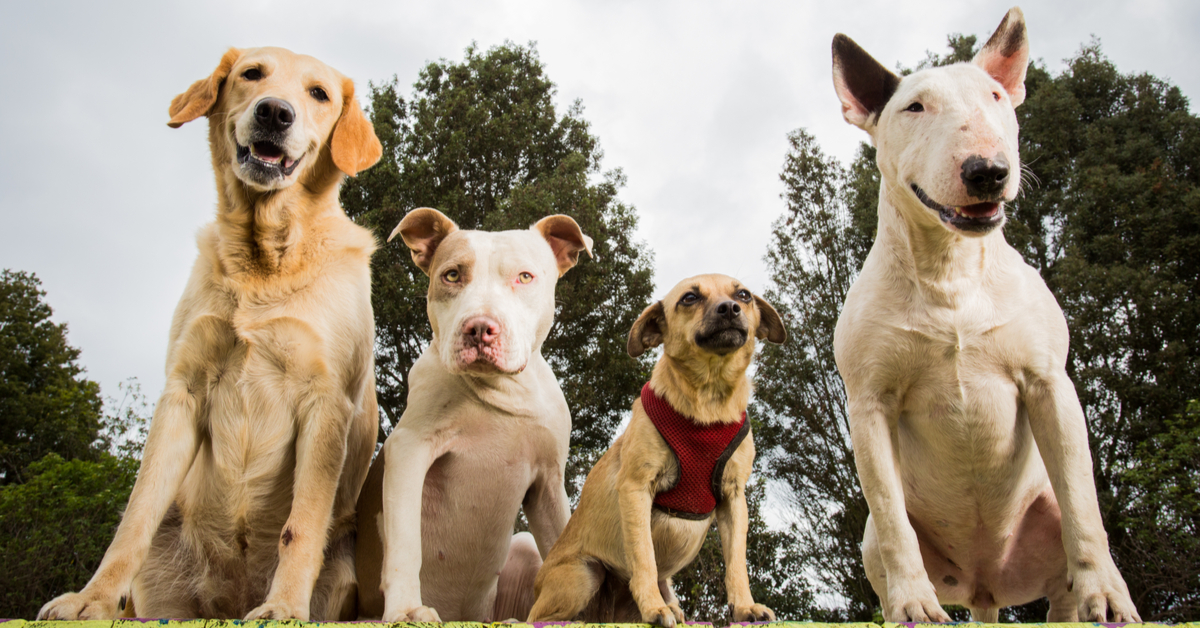
Unfortunately, the widespread myths about bully breeds have caused many states to enact breed-specific legislation (BSL). Some even have discriminatory laws against victims of dog fighting.
This, despite the fact that the Center for Disease Control (CDC) and other prominent organizations and government bodies strongly oppose it.
Based on several studies on human fatalities and dog bites, there is zero evidence or concrete data that BSL makes communities safer.
So, what alternatives are there?
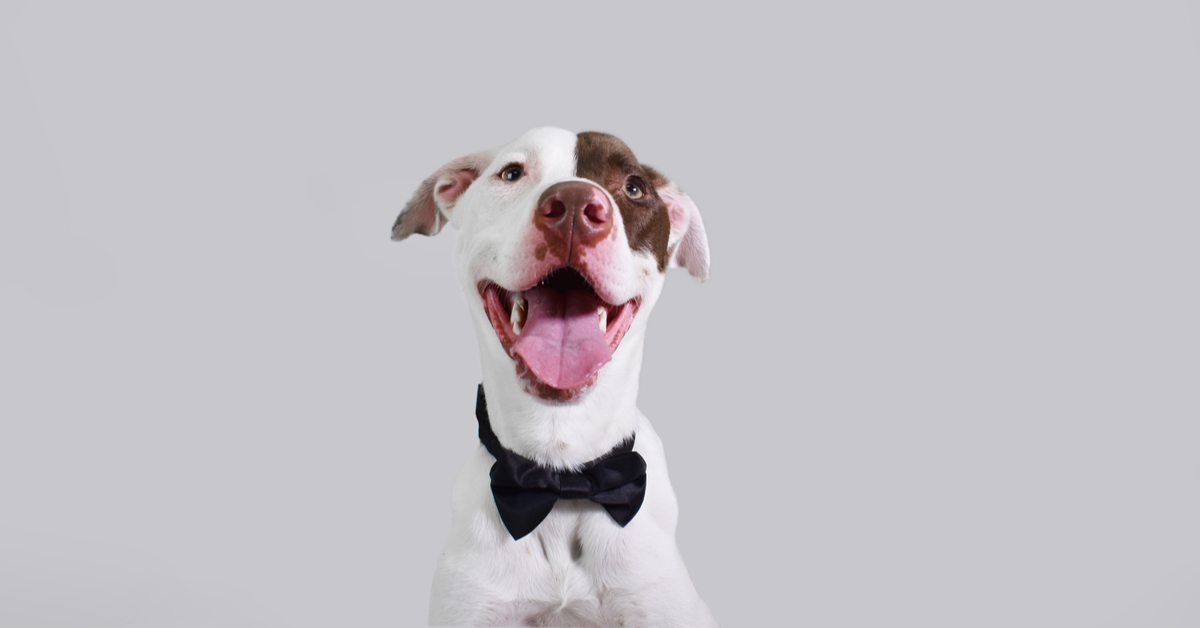
The ASPCA has proposed several breed-neutral laws that will be far more effective in protecting our communities, families, and pets.
“The CDC has noted that many other factors beyond breed may affect a dog’s tendency toward aggression—things such as heredity, sex, early experience, reproductive status, socialization, and training. Conversely, studies can be referenced that point to clear, positive effects of carefully crafted breed-neutral laws. A breed-neutral approach may include the following:
- Enhanced enforcement of dog license laws
- Increased availability of low-cost sterilization (spay/neuter) services
- Dog laws that are breed-neutral and focus on the behavior of the individual guardian and dog
- Graduated penalties and options for dogs deemed dangerous
- Legislation that hold dog guardians financially accountable for failure to adhere to animal control laws
- Laws that hold dog guardians civilly and criminally liable for unjustified injuries or damage caused by their dogs
- Laws that prohibit chaining, tethering, and unreasonable confinement, coupled with enhanced enforcement of animal cruelty and animal fighting laws
- Community-based approaches to resolving reckless guardian/dangerous dog questions that encompass all stakeholders, available dog bite data, and recommended realistic and enforceable policies.”
These are practical alternatives that any state or county can implement instead of BSL.
Bully breed advocacy & how you can help raise awareness
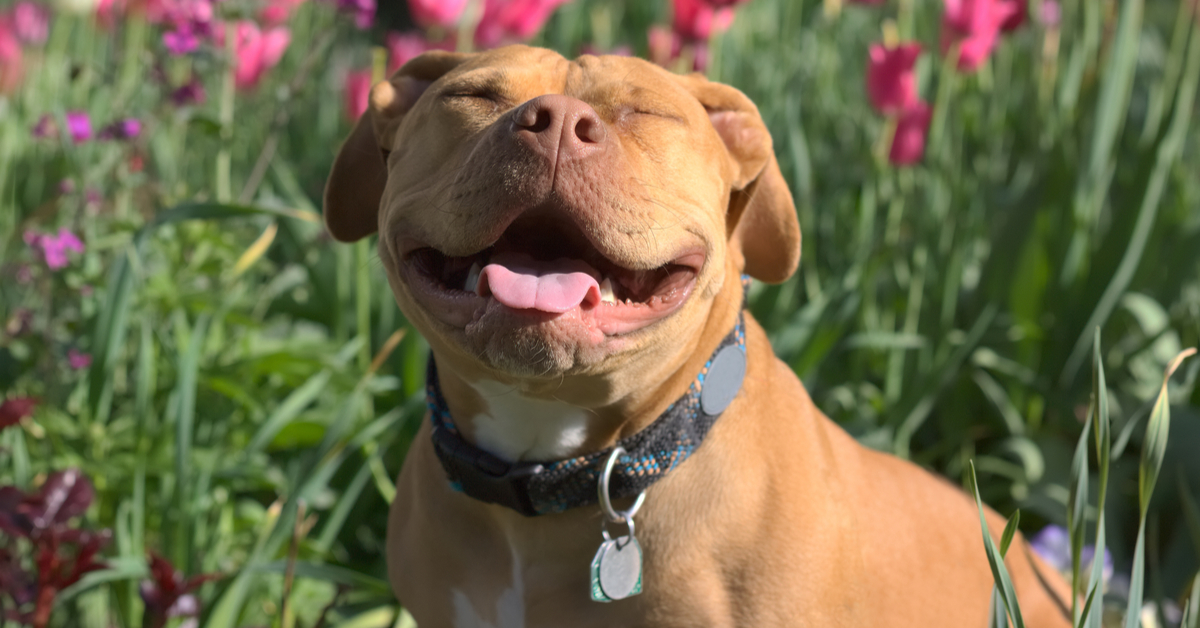
There are a number of ways you can help prevent the spread of misinformation and advocate for these amazing family dogs. Here are some ideas.
Educate
Education and scientific, evidence-based facts are pit bull advocates’ best weapons to combat negative stereotypes. (Need a hand? We’ve got a comprehensive blog post about pitbull statistics based on scientific studies right here on the blog.)
Best Friends Animal Society also provides great resources on how you can be an advocate in your community.
Responsible ownership
If you are a pit bull owner, you can make your dog an ambassador and set a positive example! As a responsible owner, you should spay and neuter your dogs (unneutered male dogs are involved in 70 to 75% of reported dog bite incidents).
Show off on social media. Show the internet what a lovebug your house hippo is!
To go the extra mile, you can work with your dog to become an official Canine Good Citizen. Show people who have breed bias that pitties can set an example for all dog breeds.
Consider adopting or fostering
If you can’t adopt, visit your local animal shelter, pit bull rescue, or any rescue organization to see if they need any fosters.
Dogs are individuals
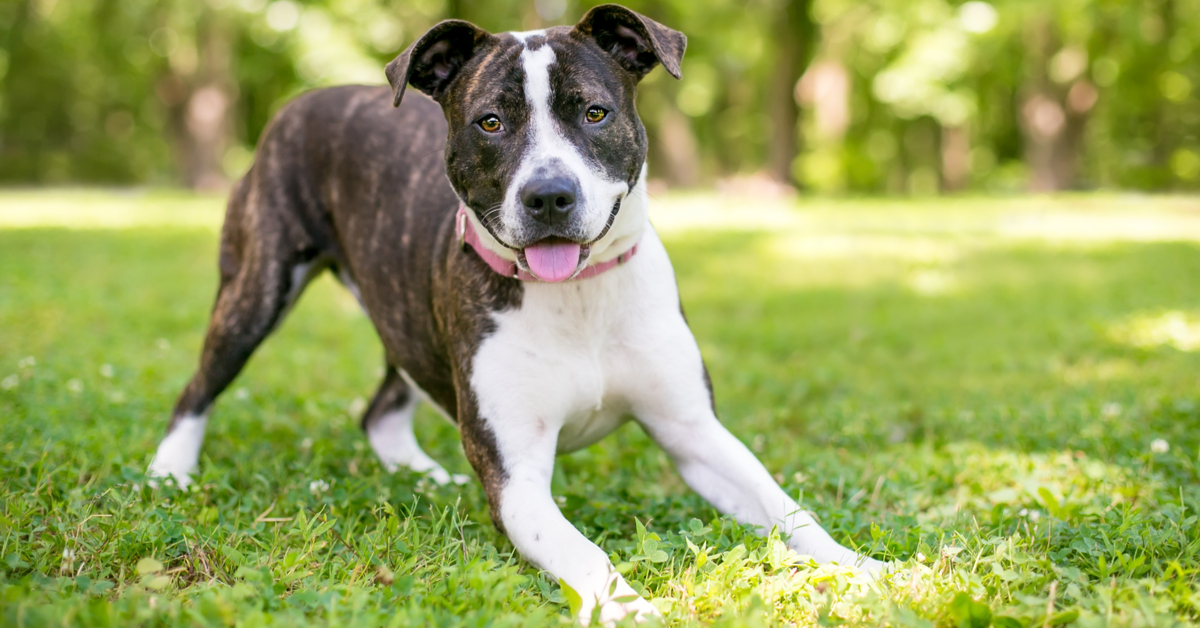
The country’s stereotypical image of the American pit bull terrier and all bully breeds is inherently flawed. We need to look at dogs as individuals for positive change to happen.
A dog’s behavior cannot be reasonably predicted solely based on breed or perceived breed.
It’s an injustice not only to pit bull-type dogs but all dogs.
For more facts and helpful information on pitties, check out this list of scientific studies and resources:
Animal Law Review, the University of Denver Institute for Human-Animal Connection (IHAC) at the Graduate School of Social Work (GSSW)
Pit Bull: The Battle over an American Icon by Bronwen Dickey
Bad Dog: Pit Bull Politics and Multispecies Justice by Harlan Weaver

